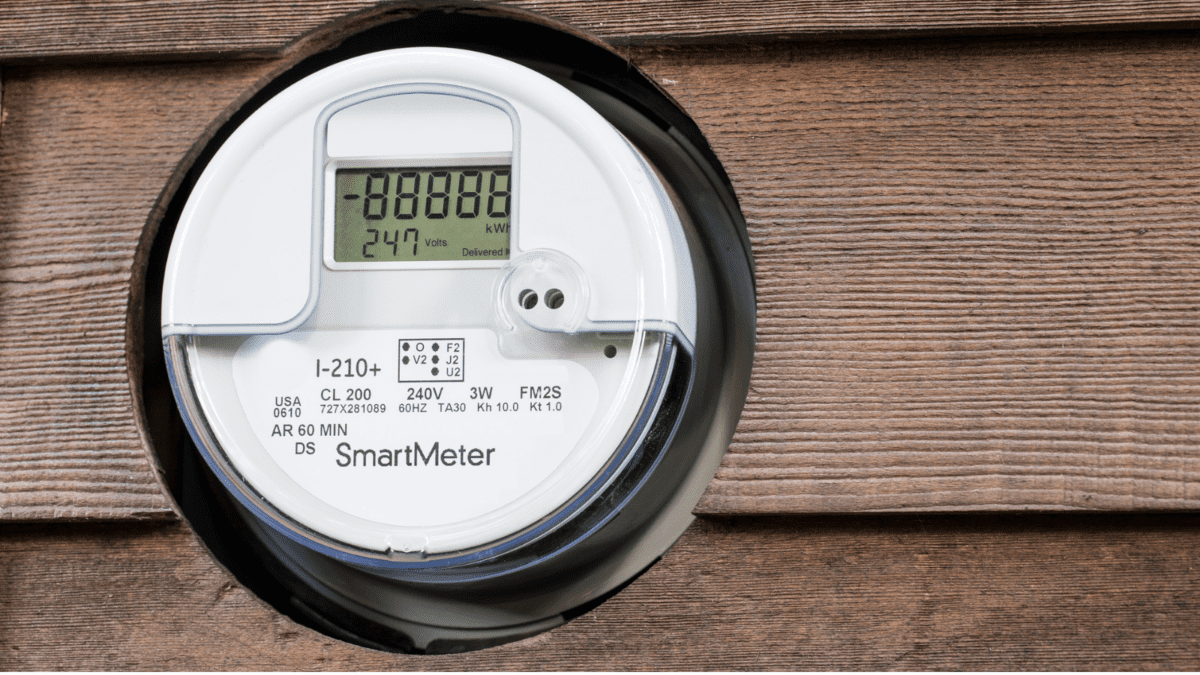Making sense of Rio Tinto’s weakening production
The Rio Tinto Limited (ASX: RIO) share price has dropped in early reaction to the miner’s 2021 second-quarter update.
Rio Tinto’s 2021 Q2 production
Rio Tinto told investors about its performance compared to the prior corresponding period (2020 Q2).
Iron ore shipments were down 12%, to 76.3 Mt. The iron ore production was down by 9%, to 75.9 Mt. These numbers were only a slight reduction compared to the first quarter of 2021.
The company explained that production was lower because of above-average rainfall in the West Pilbara, shutdowns to enable replacement mines to be tied-in, processing plant availability, and “cultural heritage management.” Shipments dropped further with some additional drawdown of inventories. Ongoing COVID-19 restrictions and a tight labour market have further impacted the company’s ability to access experienced contractors and particular skill sets.
Bauxite production was down 6%, to 13.7 million tonnes. Aluminium production went up 4%, to 816,000 tonnes. Mined copper production fell 13%, to 115,500 tonnes. Titanium dioxide slag production went up 14%, to 298,000 tonnes. Iron Ore Company of Canada (IOC) iron ore pellets and concentrate production fell 2%, to 2.7 million tonnes.
Management comments
Rio Tinto CEO Jakob Stausholm said: “The global economy, in particular China, recovered strongly and we are intensely focused on servicing our customers with as much product as we can. However, we faced some challenges in the first half, notably at our Pilbara operations, which were impacted by replacement mine tie-ins and materially higher rainfall.
“Heightened COVID-19 constraints, which resulted in numerous travel restrictions, added further pressure on the business and limited our ability to access additional people, particularly in Western Australia and Mongolia, in order to deliver operational improvements or maintenance initiative and accelerate.”
Rio Tinto share price thoughts
Pilbara iron ore 2021 unit cost guidance is now A$18 to $18.50 per tonne (up from A$16.70 to $17.70). This is an underlying cost increase of around $300 million relative to prior guidance, or 4%, according to Rio Tinto.
The change reflects price increases for key input costs (diesel and labour), costs related to mine heritage management, and COVID-19 related costs. RIO has spent around $100 million on COVID-19 costs so far, with no costs included in previous guidance.
Rio Tinto is a strong mining business, but I don’t think it makes a lot of sense to buy the miner at close to the top of the iron ore cycle (and therefore the top of the Rio Tinto share price cycle). There are other ASX dividend shares I’d rather look at at these prices.
Information warning: The information in this article was published by The Rask Group Pty Ltd (ABN: 36 622 810 995) is limited to factual information or (at most) general financial advice only. That means, the information and advice does not take into account your objectives, financial situation or needs. It is not specific to you, your needs, goals or objectives. Because of that, you should consider if the advice is appropriate to you and your needs, before acting on the information. If you don’t know what your needs are, you should consult a trusted and licensed financial adviser who can provide you with personal financial product advice. In addition, you should obtain and read the product disclosure statement (PDS) before making a decision to acquire a financial product. Please read our Terms and Conditions and Financial Services Guide before using this website. The Rask Group Pty Ltd is a Corporate Authorised Representative (#1280930) of AFSL #383169.









